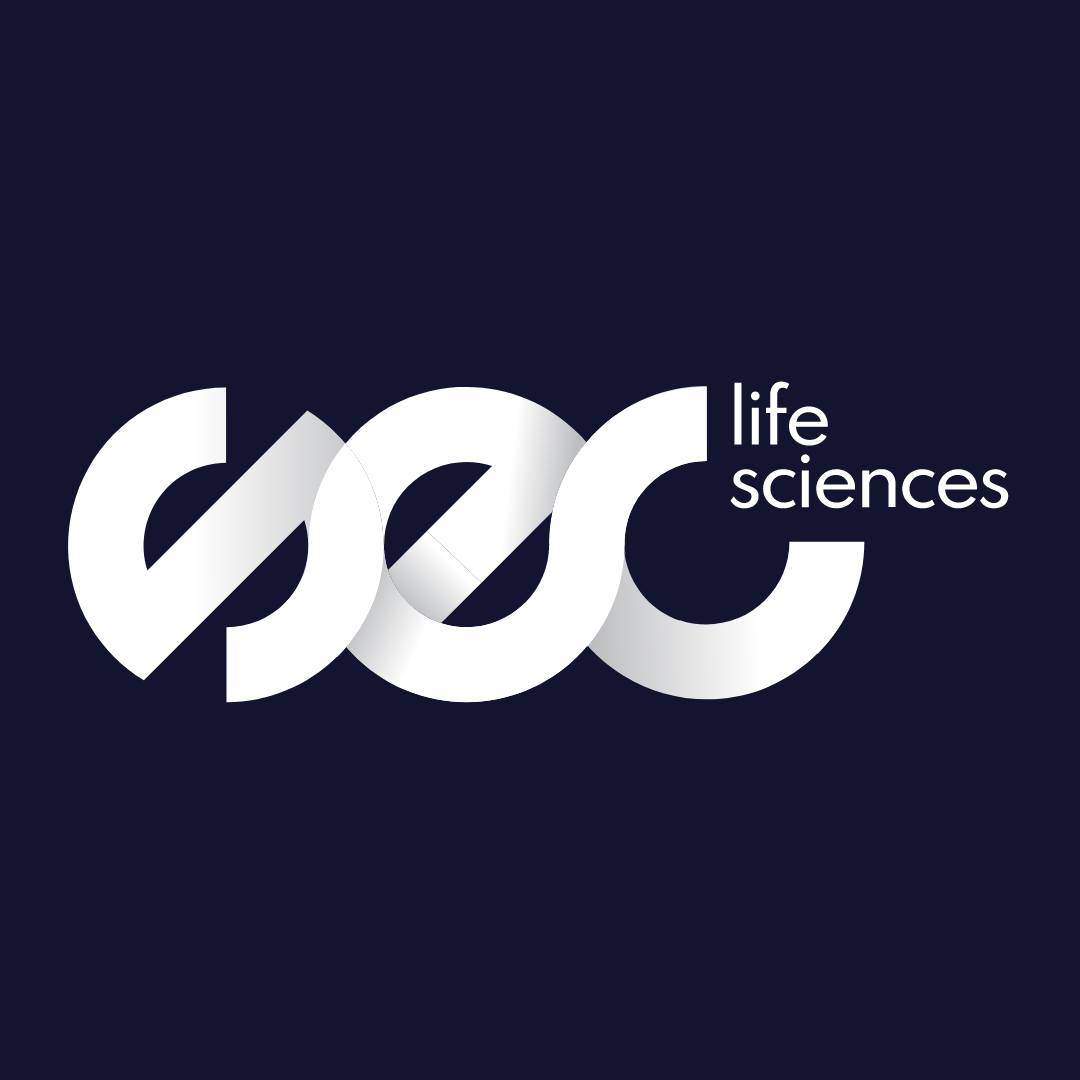Latest News
Why investment in growing your commercial team should be part of your exit strategy
04 Oct, 20238 MinutesAn exit is the ultimate end-goal for many start-up leaders. Of the potential exit routes, we...

An exit is the ultimate end-goal for many start-up leaders. Of the potential exit routes, we have seen an increase in M&A popularity, with a 20% increase in biopharma deals between 2020 and 2021.
Most acquisition opportunities come fairly early in the growth of a start-up, often happening between Series B and Series E funding rounds. If you are considering a buyout, it’s important to carefully consider the team you have in place and look to invest in the areas that will support the transition.
Over the last few years there’s been a notable shift in buying activity, with a decrease in megadeals making way for an uptick in smaller transactions, as well as commercial partnerships and collaborations.
If your business strategy involves a merger or acquisition, it can be beneficial to hire salespeople, marketers, and build out other commercial functions early on. These are functions that are going to help you generate and demonstrate value – a key indicator to potential buyers that your company is worth interest in.
Why building a commercial team makes sense ahead of an exit
When we think of a commercial function, we might be largely thinking about sales teams and marketers, perhaps due to their tangible link to your company’s bottom line. This is a great place to start when looking to build out a commercial function – they can strategise new ways to bring in revenue, and help ensure your company remains successful and in perpetual growth both pre- and post-buyout.
By identifying your target patient or HCP population and promoting your products, services, and generating more sales, your marketing and sales teams are going to be the ones directly increasing revenue and profitability – a key indicator of value that potential buyers of your company are going to look at. The earlier in your growth stage you can demonstrate the ability to generate revenue and provide value, the earlier interest you could get from prospective buyers.
Your commercial function is also going to be able to help create a positive image for your company. By developing and implementing campaigns that effectively communicate your value proposition and your brand message, they’re able to establish your company as a leader in its industry and build trust with your target audience as well as with your existing customer base – and with leaders and potential buyers in across the life sciences industry.
All-in-all, the support a commercial team can bring can be summed up in three areas;
Enhancing your market position and contributing to revenue growth
A strong commercial team plays a pivotal role in expanding your presence in the market, driving revenue growth, and increasing profitability. Creating demand, building relationships with healthcare providers, payers and other stakeholders is exactly the remit of a commercial team, and the impact of investing appropriately in the leadup to a buyout can positively influence your market position at a time where it’s pivotal for you to be generating value.
Demonstrating value to potential acquirers
As well as driving sales and revenue directly, a well-rounded and efficient commercial team can effectively communicate the value of your company's products and services to potential acquirers beyond cash alone.
Done well, this not only showcases your ability to generate revenue, but also signals the potential for future growth, making your company an attractive target for acquisition.
Facilitating a smooth acquisition process
A knowledgeable and experienced commercial team can help facilitate a smooth acquisition process by providing valuable insights into market dynamics, competitive landscapes, and regulatory requirements. Setting a solid foundation way ahead of a buyout can set a steady runway for commercial operations once the deal has gone through.
All too often acquirers look to replace the commercial function of a firm with that of their own, but the benefit of retaining the original commercial function is that they can help identify and build on potential commercial synergies between your company and the new acquirer. This makes the integration process more seamless and efficient, and supports in establishing a commercial strategy that works.
Specific commercial functions to build out
Although they’re important, it isn’t all about sales and marketing alone – particularly as you get closer to an M&A deal. There are important commercial functions you should look to engage at least on a freelance basis as your firm grows; these teams might not impact your bottom line is as tangibly as sales, but make the acquisition and post-acquisition smooth for your leadership teams, for your buyers, and for those inside your organisation.
Sales and Business Development
It’s the bread and butter of a commercial strategy. Your sales and business development functions are the driving force behind revenue growth - by investing here, you can ensure that your company is well-equipped to penetrate new markets, develop strategic partnerships, and negotiate lucrative contracts.
This, in turn, can boost your company's valuation and make it more attractive to potential acquirers.
Marketing
Going hand-in-hand with the sales and business development activity is marketing. Effective marketing is crucial for creating awareness and demand for your products or services across the life sciences industry.
A robust marketing team and strategy can help you develop targeted messaging and campaigns that resonate with healthcare providers, patients, and payers. By positioning your company and its products as market leaders, your marketing team can help drive sales and increase overall market share prior to an exit.
Market Access
Market access is a critical function in the life sciences industry, as reimbursement and pricing strategies can significantly impact your company's revenue potential and market share.
A dedicated market access team can help you navigate complex regulatory environments, negotiate pricing agreements, and ensure that your products are accessible to the patients who need them most. This can help secure your company's position in the market, prove commercial viability in global markets, and make the venture more attractive to potential acquirers.
Medical Affairs
Bridging the gap between scientific research and the commercial effort, a strong medical affairs team can support your company by engaging with key opinion leaders, providing scientific expertise to inform commercial strategies, and ensuring the integrity of your clinical data. By investing in this function, you can enhance your company's reputation and credibility in the eyes of potential acquirers.
Legal and Compliance
You will also want to work with legal experts that specialise in corporate transactions who can help you understand the implications of a buyout or exit, navigate global laws and regulations if applicable, and ensure that all necessary documents are in order.
Strategies for developing and growing your commercial function
Invest in Training and Development
To ensure your commercial team remains at the cutting edge of industry trends and best practices, investing in ongoing training and development is crucial.
This may include attending conferences and workshops, participating in industry-specific courses, or providing access to online learning resources. By continuously upskilling your team, you can maintain a competitive advantage in the market and demonstrate your commitment to growth.
Encourage Cross-Functional Collaboration
Encouraging collaboration amongst the separate functions within your commercial functions as well as the wider business can lead to more innovative and effective commercial strategies.
By breaking down silos and fostering a culture of open communication, your commercial team can gain valuable insights from their colleagues in R&D, clinical operations, regulatory affairs, and other areas, ultimately enhancing the overall performance of your company.
Leverage Data and Analytics
Data-driven decision-making is essential for success in the modern life sciences industry. By investing in advanced analytics tools and developing a data-driven culture, your commercial team can make more informed decisions about market trends, customer preferences, and competitive landscapes.
This can help you identify new opportunities, improve upon marketing and sales strategies, and increase your chances of a successful acquisition.
Set Clear Goals and Monitor Progress
Establishing clear objectives and regularly reviewing progress can help your commercial team stay focused on driving growth and increasing your company's valuation. By setting measurable and attainable goals, you can motivate your team to work towards a common vision, ensuring everyone is aligned with your company's overall acquisition strategy.
Seek External Expertise
Sometimes, seeking external expertise can provide valuable insights and guidance to help grow your commercial team. Partnering with consultancies or industry experts can provide a fresh perspective on your current strategies and help identify gaps and areas for improvement. For support from a talent and scaling perspective, reach out to us here.
Investing in your commercial team is a key factor in positioning your company for a successful acquisition. By enhancing your market position, demonstrating value to potential acquirers, and facilitating a smooth acquisition process, a strong commercial team can help unlock your full potential.
Focus on building out crucial commercial functions like sales and business development, marketing, market access, and medical affairs. By doing so, you will not only create a more attractive acquisition target but also lay the foundation for sustainable long-term growth in the life sciences industry post-exit.




